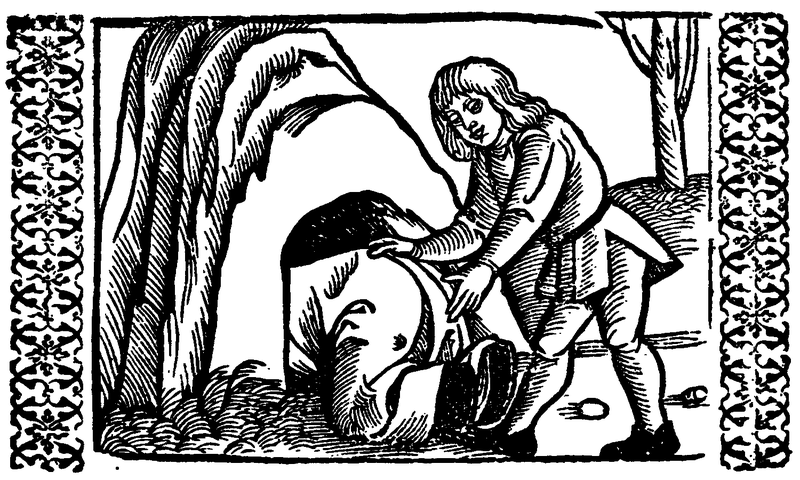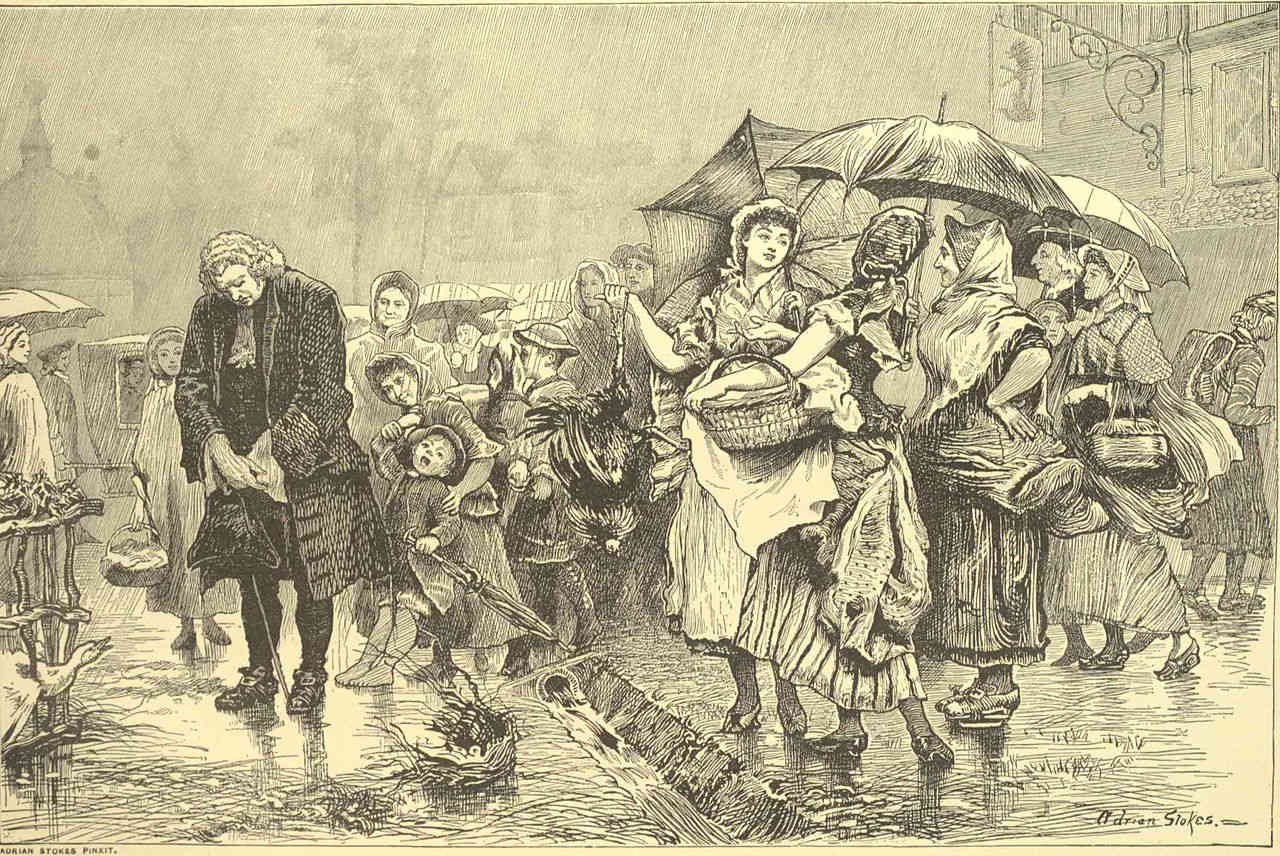In 1993 Robert A. Hayden of Minnesota State University, Mankato, proposed a simple code by which self-identified geeks could inform each other about their interests, opinions, and skills in email signature blocks and Usenet messages:

This example can be decoded to mean:
Type of Geek: Geek of Technical Writing.
Dress: Mostly “I’m usually in jeans and a t-shirt,” but it varies.
Shape: I’m of average height, I’m rounder than most.
Age: 25-29.
Computers: I’ll be first in line to get the new cybernetic interface installed into my skull.
UNIX: I have a Unix account to do my stuff in. I use Linux.
Perl: I know Perl exists, but that’s all.
Linux: I use Linux exclusively on my system. I monitor comp.os.linux.* and even answer questions sometimes.
Emacs: Emacs is too big and bloated for my tastes.
World-Wide Web: I have the latest version of Netscape, and wander the web only when there’s something specific I’m looking for.
USENET News: Usenet News? Sure, I read that once.
USENET Oracle: I refuse to have anything with that!
Kibo: I’ve read Kibo.
Microsoft Windows: I refuse to have anything with that!
OS/2: Tried it, didn’t like it.
Macintosh: Macs suck. All real geeks have a character prompt.
VMS: Unix is much better than VMS for my computing needs.
Political and Social Issues: I refuse to have anything with that!
Politics and Economic Issues: It’s ok to increase government spending, so we can help more poor people. Tax the rich! Cut the defense budget!
Cypherpunks: I am on the cypherpunks mailing list and active around Usenet. I never miss an opportunity to talk about the evils of Clipper and ITAR and the NSA. Orwell’s 1984 is more than a story, it is a warning to our’s and future generations. I’m a member of the EFF.
PGP: I don’t send or answer mail that is not encrypted, or at the very least signed. If you are reading this without decrypting it first, something is wrong. IT DIDN’T COME FROM ME!
Star Trek: It’s a damn fine TV show and is one of the only things good on television any more.
Babylon 5: I’ve seen it, I am pretty indifferent to it.
X-Files: I’ve Converted my family and watch the show when I remember. It’s really kinda fun.
Role Playing: I’ve written and published my own gaming materials.
Television: I watch some tv every day.
Books: I enjoy reading, but don’t get the time very often.
Dilbert: I read Dilbert daily, often understanding it.
DOOM!: It’s a fun, action game that is a nice diversion on a lazy afternoon.
The Geek Code: I know what the geek code is and even did up this code.
Education: Got an Associates degree.
Housing: Friends come over to visit every once in a while to talk about Geek things. There is a place for them to sit. But someday I would like to say: “Married with children – Al Bundy can sympathize.”
Relationships: I date periodically.
Sex: Male. I’ve had real, live sex.
Hayden’s description of Geek Code version 3.12 is archived here.



